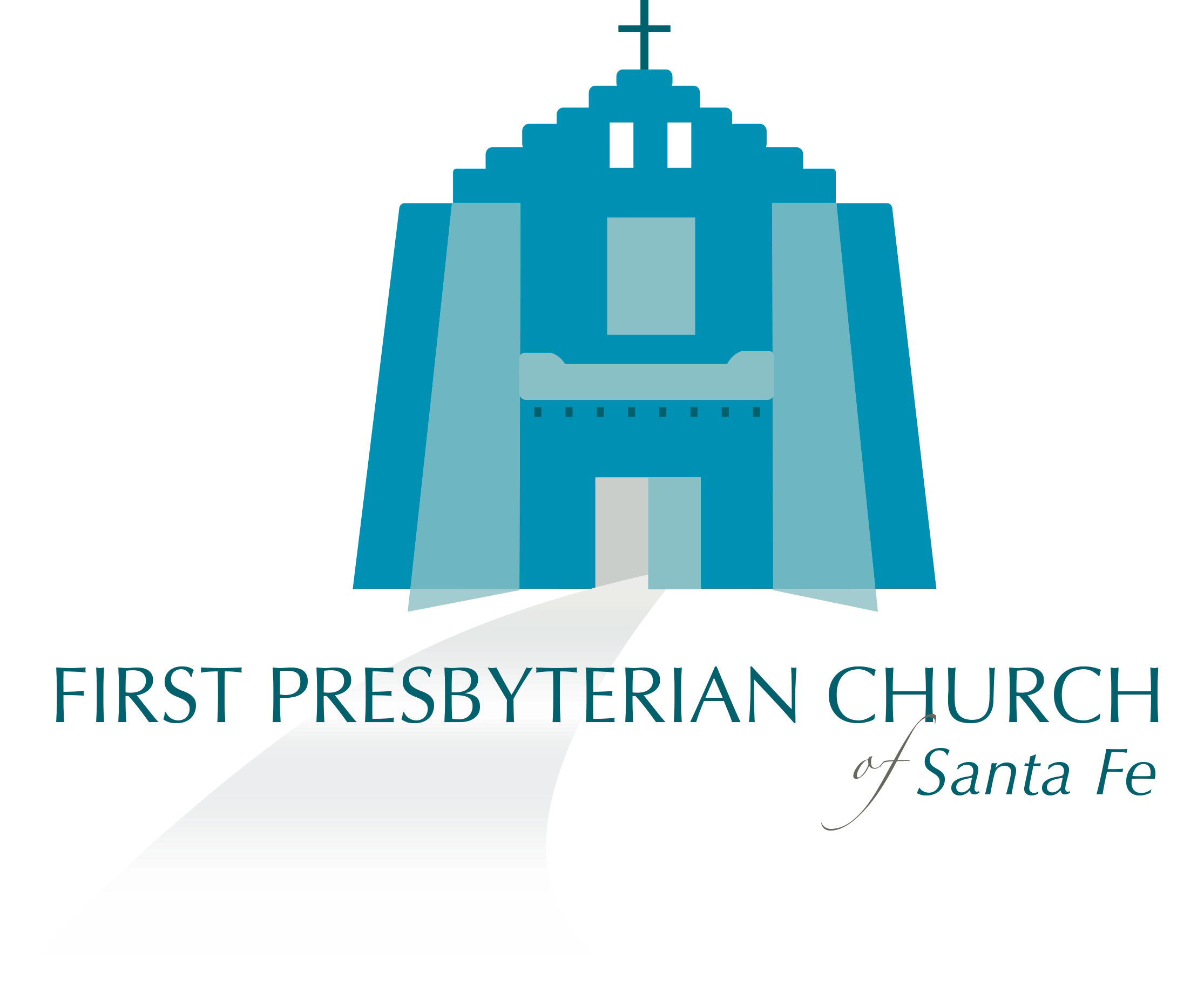Visions
“A new heaven and a new earth” is quite the vision for a world seized by the might of Rome. We might think we know the Rome of the New Testament but there is little to compare it to our experience. In the words of Diana Butler Bass in A People’s History of Christianity, it was “a vast expanse of languages, religions, economies, and histories, forced into political unity by a brutal military. Vast numbers of people who inhabited the Roman Empire resented or hated Roman rule and experienced few, if any, benefits from its social and economic structures.” Rodney Stark continues in The Rise of Christianity: “Greco-Roman cities were small, extremely crowded, filthy beyond imagining, disorderly, filled with strangers, and afflicted with frequent catastrophes—fires, plagues, conquests, and earthquakes.”
It is no wonder the writer of Revelation had visions for something new and bold. There had to be something more, something better that he could cling to, and he found that in the early Christian movement, something that was so unlike the Rome he had experienced. In Rome’s world of oppression and filth and hopelessness Christianity offered a reprieve and an antidote. Listen to the closing words of Stark’s book: “Christians effectively promulgated a moral vision utterly incompatible with casual cruelty of pagan custom. What Christianity gave its converts was nothing less than their humanity.”
A new heaven, a new earth, even one’s very humanity. That was a lofty vision for an early church in such a culture. So, what is our vision for our church in our culture today?
